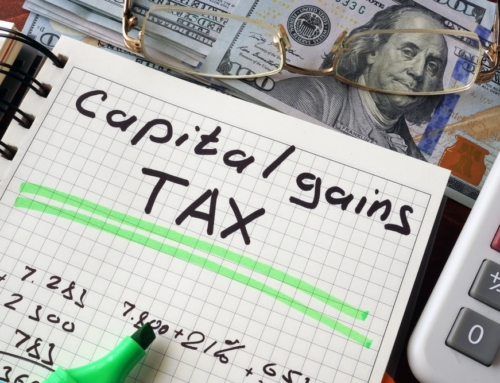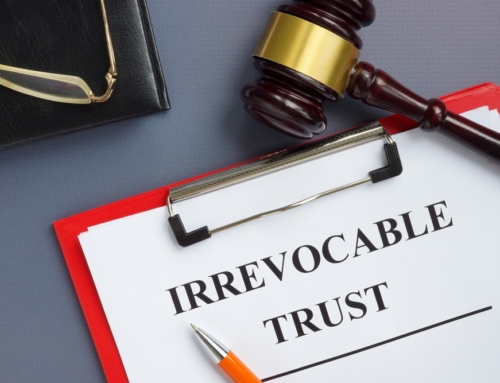WGN-TV Show Notes: September 2, 2004
Is there anything worse than paying taxes? What about paying interest and penalties on top of the taxes you owe.
This week, businesses state-wide received a letter from the Department of Employment Security informing them that they owed interest and penalties on their unpaid or underpaid payroll tax.
Millions of Americans have lost their jobs over the past three years. For many, their lifeline has been the cash they receive each week in unemployment benefits. But when so many people reach into the kitty at the same time, it empties pretty fast. A little noticed rise in the unemployment insurance contribution rate on April 1, means companies now not only owe more payroll tax, but also interest and even penalties on their late payments.
“I get mail from the government all the time on various things. And I remember receiving a notice, but didn’t get a chance to read it,” says Ken Gaebler, Walker Sands.
With state unemployment rising to nearly 7 percent last year, and benefits being paid out at a rate of $50 million per week, it’s no wonder the unemployment insurance trust went belly up.
“When the trust fund was building up to $2 billion, you look over and see $2 billion and it’s just sitting there. Who’s going to use that? But when you start paying benefits with rates of 6 percent or more, it goes very fast,” says Brenda Russell, director of the Department of Employment Security.
So last December, the Department of Employment Security sent letters to all businesses in Illinois telling employers their unemployment insurance contribute rate was going up.
“We could tell them that things are going to get pricier, but we couldn’t tell them what that charge was going to be,” Russell says.
Starting April 1, the minimum contribution rate went up a third, for the first $9,800 of income. But if you missed that memo, and didn’t increase your unemployment insurance contribution, a new letter arrived this week.
“I got a note just the other day saying I owed penalties for the unemployment tax and I thought I would have been current on it but evidently I’m not. So, I’m surprised to hear that there has been this rate hike,” Gaebler says.
If it makes you feel any better, other states are in the same boat.
“Everyone is treating the hemorrhaging differently. Missouri is looking at what we did, considering going to the bond market. We got a call the other day from the state of Georgia,” Russell says.
“Now what we’re seeing is an economic-driven impact which is because the states have had such high unemployment pretty much across the nation over the last few years, their coffers have been drained, and they need to rebuild their unemployment insurance premium payments budgets or allowances,” says Michael Alter, SurePayroll.
So companies shouldn’t expect to see their contribution rate fall anytime soon.
“We expect the trust fund to return to a level of positive balance by 2009, which is the end of the agreed bill process,” Russell says. “We hedge to be conservative in guesstimating what the future holds in terms of cash flow. It could very well be sooner, but 2009 is what we worked toward.”
Unemployment insurance contributions are paid quarterly. But for those employers who can’t afford to pay their new tax bill, the Department of Employment Security has a payment plan.
Sept. 2, 2004.
For more information go to www.ides.state.il.us
Copyright © 2004, WGN-TV






Leave A Comment